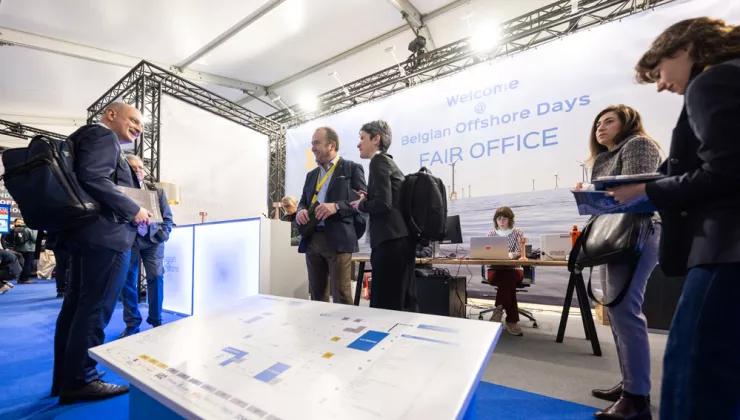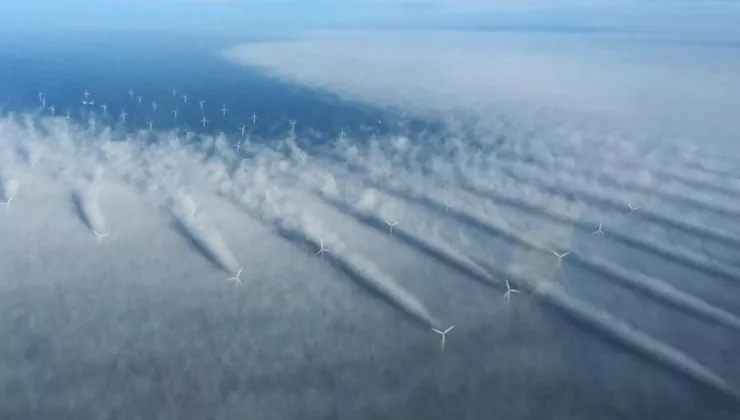Hydropower: the key to a stable electricity grid?
Some renewable energy sources (such as solar and wind) do not constantly produce electricity. In addition, the amount of energy produced can vary greatly. It is therefore important to provide sufficient storage capacity for when an electricity surplus is produced.
The Alpheus project aims to improve grid stability by storing energy in hydropower. Nevertheless, opportunities for this in countries around the North Sea are limited due to the shallow nature of the North Sea and the rather flat topography of the coastal environment.
The project partners are therefore committed to hydropower storage with limited head. In order to enable such hydro storage in the immediate North Sea environment, an upgrade of the technological means (pumps and turbines) and infrastructure (civilian buildings) is imperative.
Within this context, three promising technologies are specifically considered
- Reversible pump turbine with shaft-driven counter-rotating variable-speed propeller;
- Reversible pump turbine with rim-driven counter-rotating variable-speed propeller; and
- Reversible volumetric pump turbine.

Background information
The Alpheus project, which stands for Augmenting grid stability through Low head Pumped Hydro Energy Utilization and Storage,is funded by the European Union as part of the Horizon 2020 programme and has a € 5 million budget. The project partners are:
- Advanced Design Technology Ltd. (UK);
- Chalmers Tekniska Högskola (Sweden);
- IHE Delft Institute for Water Education (the Netherlands);
- Norwegian University of Science and Technology (Norway);
- Technische Universität Braunschweig (Germany);
- Delft University of Technology (the Netherlands);
- University of Tuscia (Italy);
- University of Stuttgart (Germany);
- Université de Pau et des Pays de l’Adour (France);
- Ghent University (Belgium); and
- Uppsala University (Sweden).
Blue Cluster is involved in this project in the capacity of member of the External Advisory Board.


